Why Is Recycled Plastic Not Free?
We Threw It All Away
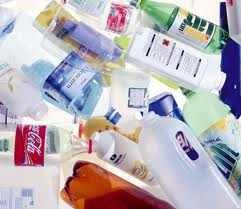
So, why is recycled plastic not free?
People sometimes think the recycling industry gets their recycled plastic for free, because it is, after all, waste that we threw away.Where there's muck there's brass
Far from being free, recycled plastic isn't that much cheaper than pure or virgin plastic produced from new raw materials.
Plastic is a worldwide commodity and as such has a price that fluctuates on the open market just like coffee, gold or more especially ‘oil’.
Oil and plastic
Oil is the main constituent of plastic, so when the price of oil goes up, the cost of producing virgin plastic and the plastic products made from it rises too.When there’s a rise in the cost of any raw material, industry will naturally look around for a less expensive substitute to replace it, and in the case of virgin plastic, recycled plastic is the obvious alternative.
The resulting increased demand for recycled plastic makes it even more valuable.
Recycled plastic prices therefore track the price of virgin plastic with monotonous predictability. (See graphs for 2012 below)
Recycled plastic will usually be 65-80% lower than price of virgin or pure plastic. In fact, at one point in 2005, the cost of recycled plastic was only 12% less than virgin plastic.
So to answer the question “Why is recycled plastic so expensive?” It’s just the economics of the free market – the law of supply and demand.
| Crude oil prices per barrel 2012 |
|
Price per tonne of Plastic Bottles for recycling (mixed plastic) 2012 |
“Nonsense”, I hear you say
“There must be a never-ending supply of plastic to recycle. It's given away for free. It’s all around us. We use it for everything. We throw massive quantities of it away daily, separating our plastic bottles and other plastic waste and leaving it out for refuse collection in a special bin.
Where does all that free plastic go?”
It's a case of 'Where there's muck there's brass!' - and waste plastic has a value depending on demand for it.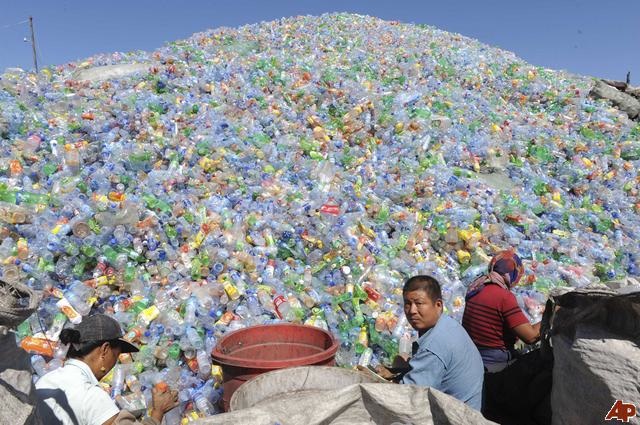 Where does all our recycled plastic go
Where does all our recycled plastic go
It might surprise you to discover that about 80% of our British recycled plastic waste is shipped out to China and the Far East. Thousands of shipping containers come into the Ports of Bristol and Liverpool every day full of plastic products made in places such as China. Once the containers are empty they go back for the next load.But transporting a load of empty space half way round the world would be a waste of money, so those containers are not sent back without a cargo, but are filled up with bales of mixed plastic and other recyclable end-of-life materials. In China, they get sorted using cheap labour, made into new plastic products, and shipped around the world again.
Waste experts say there is nowhere big enough in Britain to reprocess polyethylene terephthalate (PET) used in the production of most plastic bottles.
Though the chinese solution does keep a lot of recycled plastic waste out of landfill sites, it doesn't do much for its carbon footprint.
Many tonnes of carbon dioxide – a major greenhouse gas – are pumped into the atmosphere as a result of repeatedly lugging plastic up and down the world’s shipping lanes.
The real solution is to get the government both locally and nationally helping to expand the UK's own recycling industry. This would be much better for the environment, increase local jobs in the industry and help Britain become a leader in this growing green technology.
British Recycled Plastic is a lot greener?
So, the ideal solution would be to operate a closed recycling loop for waste plastic in the UK. That would avoid not only the transport costs, but also the unnecessary pollution arising from moving it over long distances.According to articles in the Guardian and the Daily Mail as far back as 2004 and again in 2008, no one is happy about all this waste plastic going abroad.
A Sainsbury's spokesperson said, "We send 5,000 tonnes of plastic there a year. We used to send it to a firm in Nottinghamshire, but it has closed down," he said. "We looked for others in Britain but no one could match the Chinese option for quantity or price. We would love to see it being recycled here, but it's not possible at present."
We can keep the carbon footprint of our own recycled plastic very low indeed, significantly reducing the human component of global warming. And there are already new companies springing up to do just that, like Kedel Limited in Colne, Lancashire
How we use recycled plastic in the UK
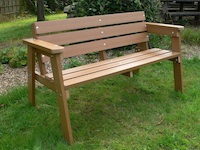 |  | 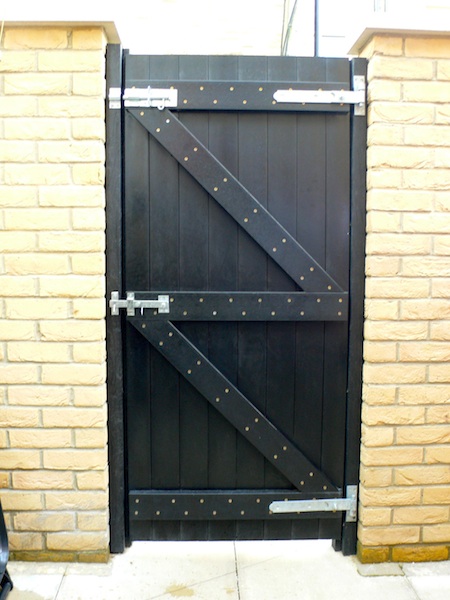 |  |
Kedel are contributing to the ideal solution by turning all this British waste plastic into educational products, as well as domestic gardening products, recycled plastic street furniture and planks for the construction industry.
Recycled plastic can be fashioned into all kinds of useful products ranging from cladding to park benches, beams and planks for building, and children’s ‘play and learn’ furniture for outdoor use in schools.
Kedel make a point of sourcing all their raw materials–your waste plastic–within a 50-mile radius of their headquarters in Colne.
So if you want to be really green, look out for recycled plastic and the products made from it manufactured here in the UK.
It’s not a matter of national protectionism or prejudice against the Asian markets, but simply ecological and economic common sense.
Kedel is a good place to start, if you are really serious about taking care of our beautiful blue planet.

.png)

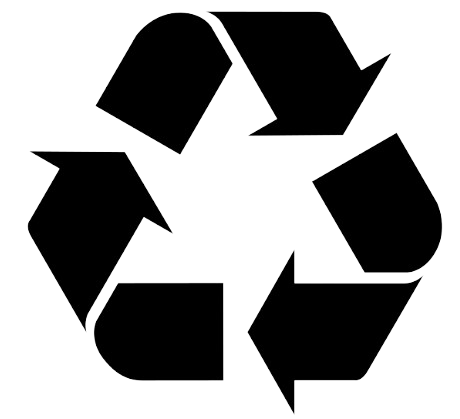 100% Recycled Plastic
100% Recycled Plastic Will Never Rot
Will Never Rot 25 Year Guarantee
25 Year Guarantee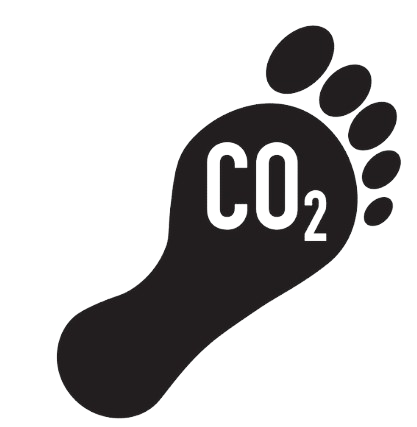 Low Carbon Footprint
Low Carbon Footprint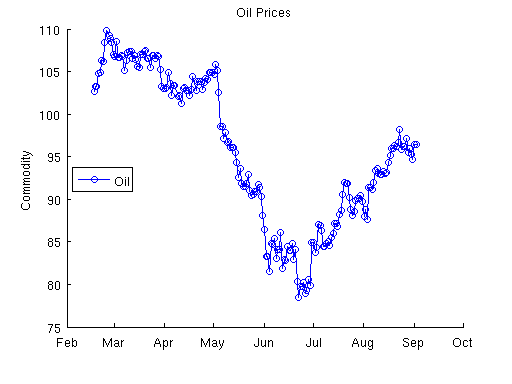


Can not believe it's not feasible to open a plant in the u.k.
Well it may be eventually, but at the time of writing this article we didn't have the capacity in the UK to process all the PET. I'm sure this will change as the use of recycled plastic in the UK grows, so fingers crossed!
Is the main problem the cost in UK of manual sorting? I.e. workers in China probably earning a fraction of UK minimum wage
You got it right Bob. Might change if we develop better-automated ways to sort. Germany does better in this regard than the UK. We need to catch up.
Well, I was thinking of buying some of your lumber but it is over 3 times more expensive than real wood.
Seriously it cannot be that dear to process?